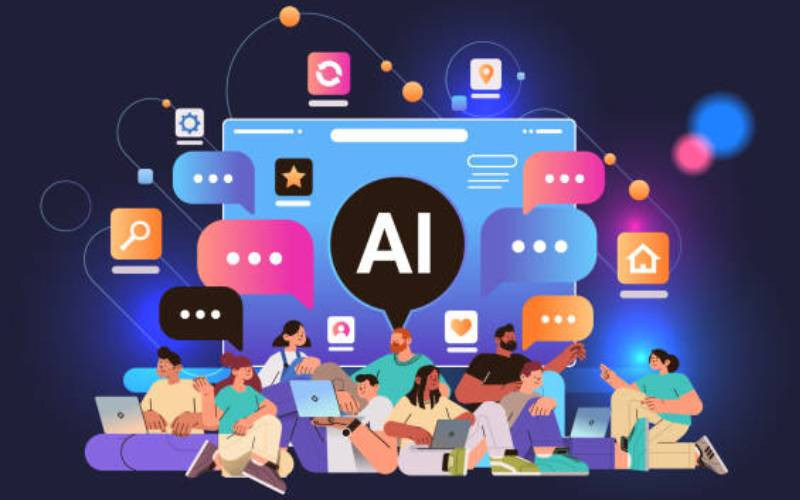×
The Standard e-Paper
Fearless, Trusted News

A few days ago, The African Union Commission fell victim to cybercrime. Cybercriminals faked Secretary-General Mohammed Faki's voice and set up a series of meetings with global leaders.
It was not only embarrassing, but also caused a diplomatic scare since the pranksters held video calls with several European leaders. All this happened thanks to Artificial intelligence (AI).